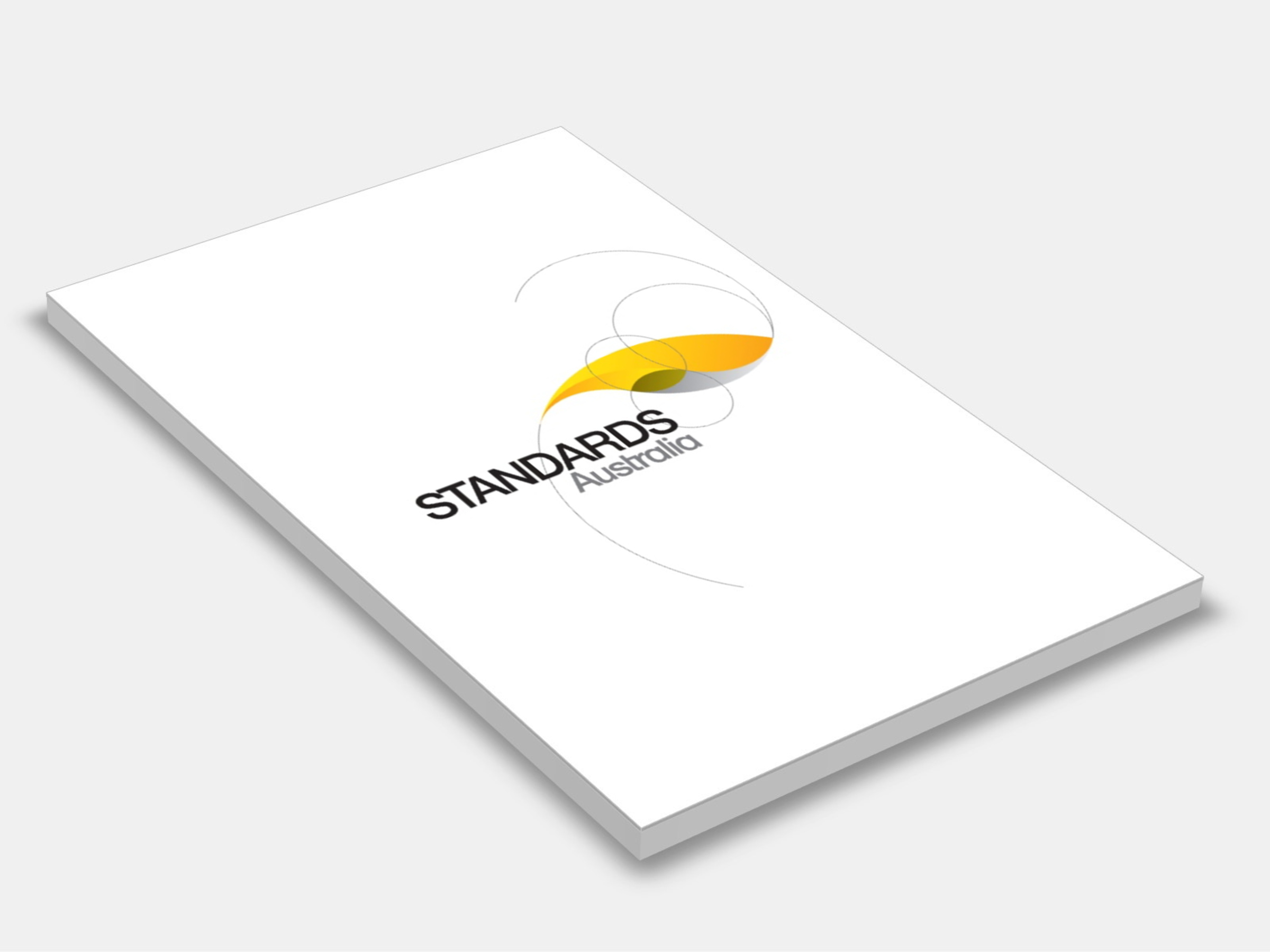
Type
Publisher
Standards Australia/Standards New Zealand
Publisher
Standards Australia/Standards New Zealand
Version:
First Edition 2009.
(Current)
Short Description
Sets out safety and installation requirements for stand-alone power systems used for the supply of extra-low (ELV) and/or low voltage (LV) electric power to a single load, or an electrical installation in a single residence or building, or a group of residences or buildings and associated items with switchboards to AS/NZS 3000 requirements.
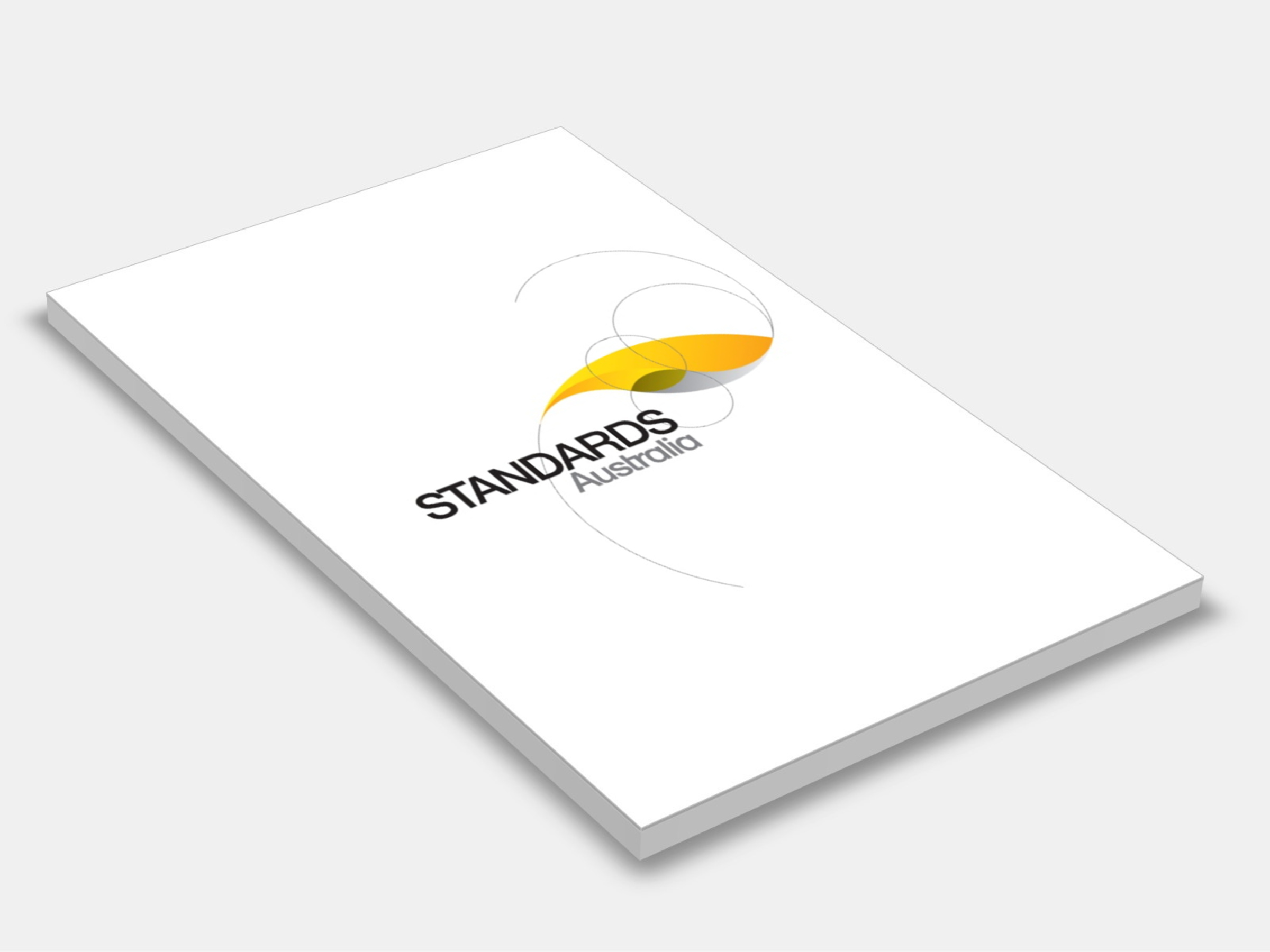
Type
Publisher
Standards Australia
Publisher
Standards Australia
Version:
Fourth Edition 2018.
(Current)
Short Description
Sets out requirement for the design, installation and commissioning of fire detection and alarm systems comprising components conforming to the requirements of the appropriate component Standards.
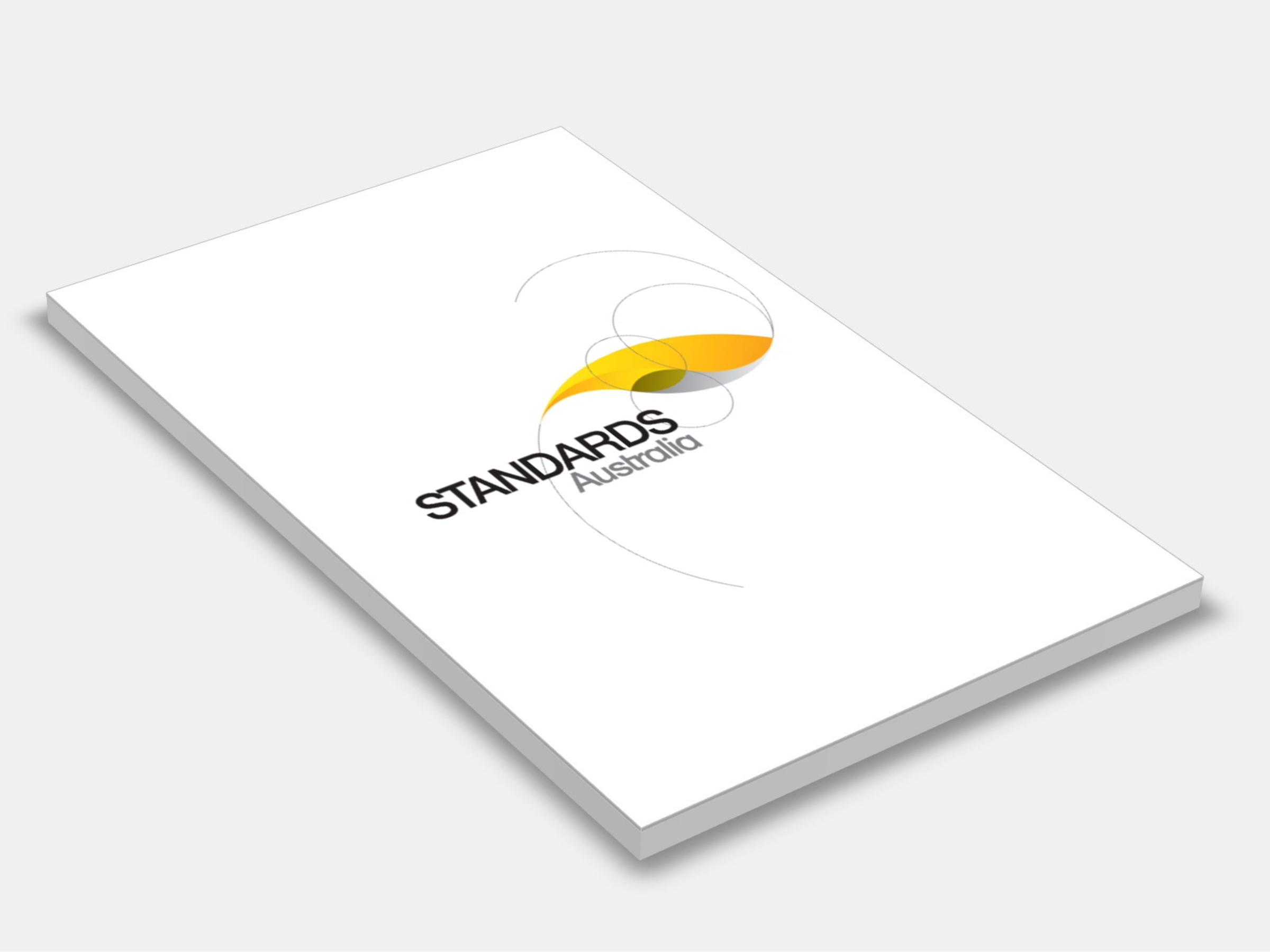
Type
Publisher
Standards Australia
Publisher
Standards Australia
Version:
Fourth Edition 2018.
(Current)
Short Description
Specifies the requirements for fire alarm monitoring systems between the monitored fire detection and alarm system and the fire dispatch centre and includes requirements for the monitoring equipment.
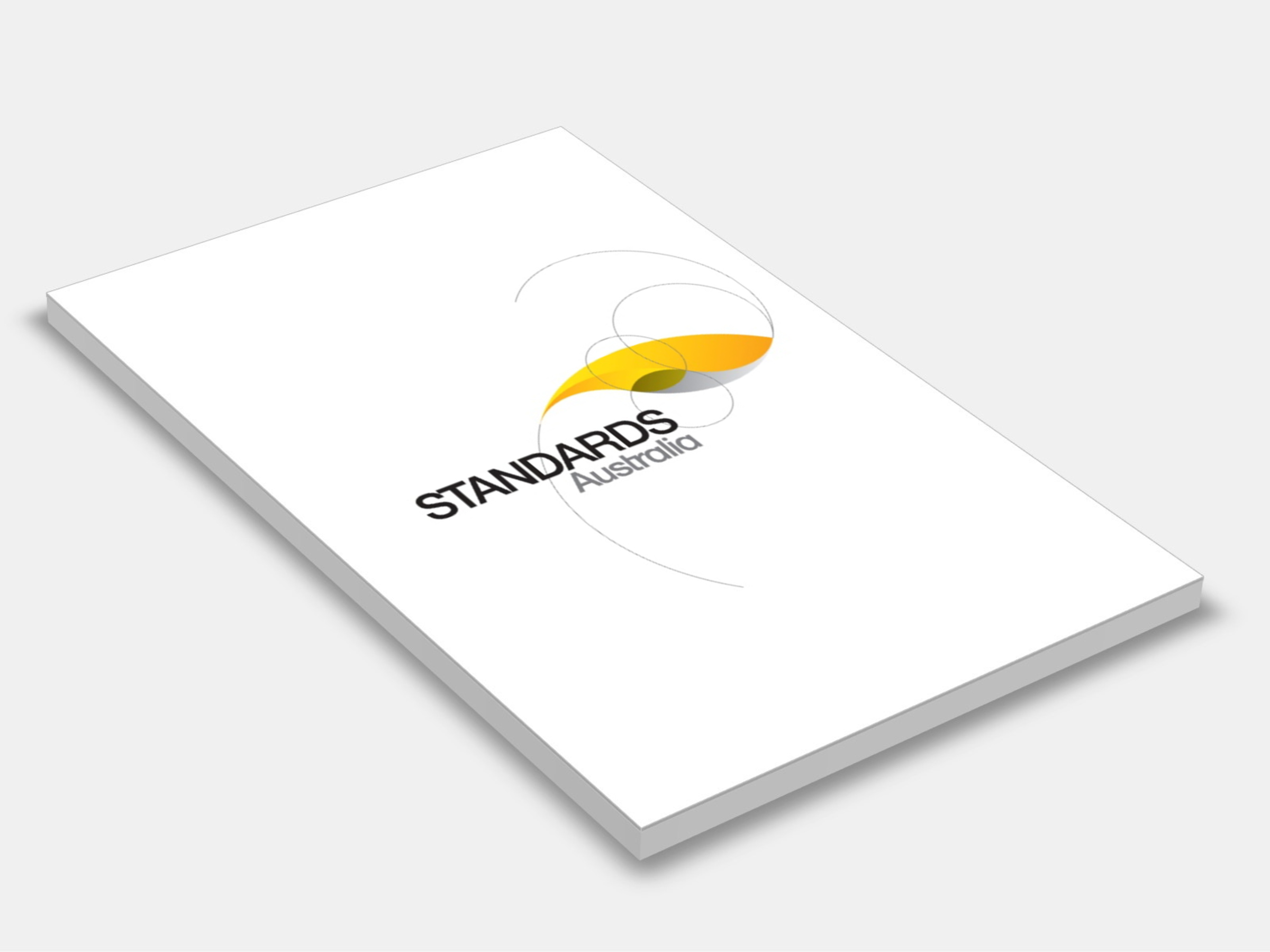
Type
Publisher
Standards Australia
Publisher
Standards Australia
Version:
Third Edition 2018.
(Current)
Short Description
Specifies the design, installation and commissioning requirements for emergency warning systems and emergency intercom systems used in buildings for the evacuation of building occupants in the event of a fire or other type of emergency.

Type
Publisher
Australian Building Codes Board
Publisher
Australian Building Codes Board
Version:
2022.
(Latest)
Short Description
This ABCB Standard provides WOH efficiency factors for Class 1 dwellings, Class 2 sole-occupancy units and Class 4 parts of buildings in the energy efficiency provisions of the NCC; It applies in each NCC climate zone and jurisdiction.
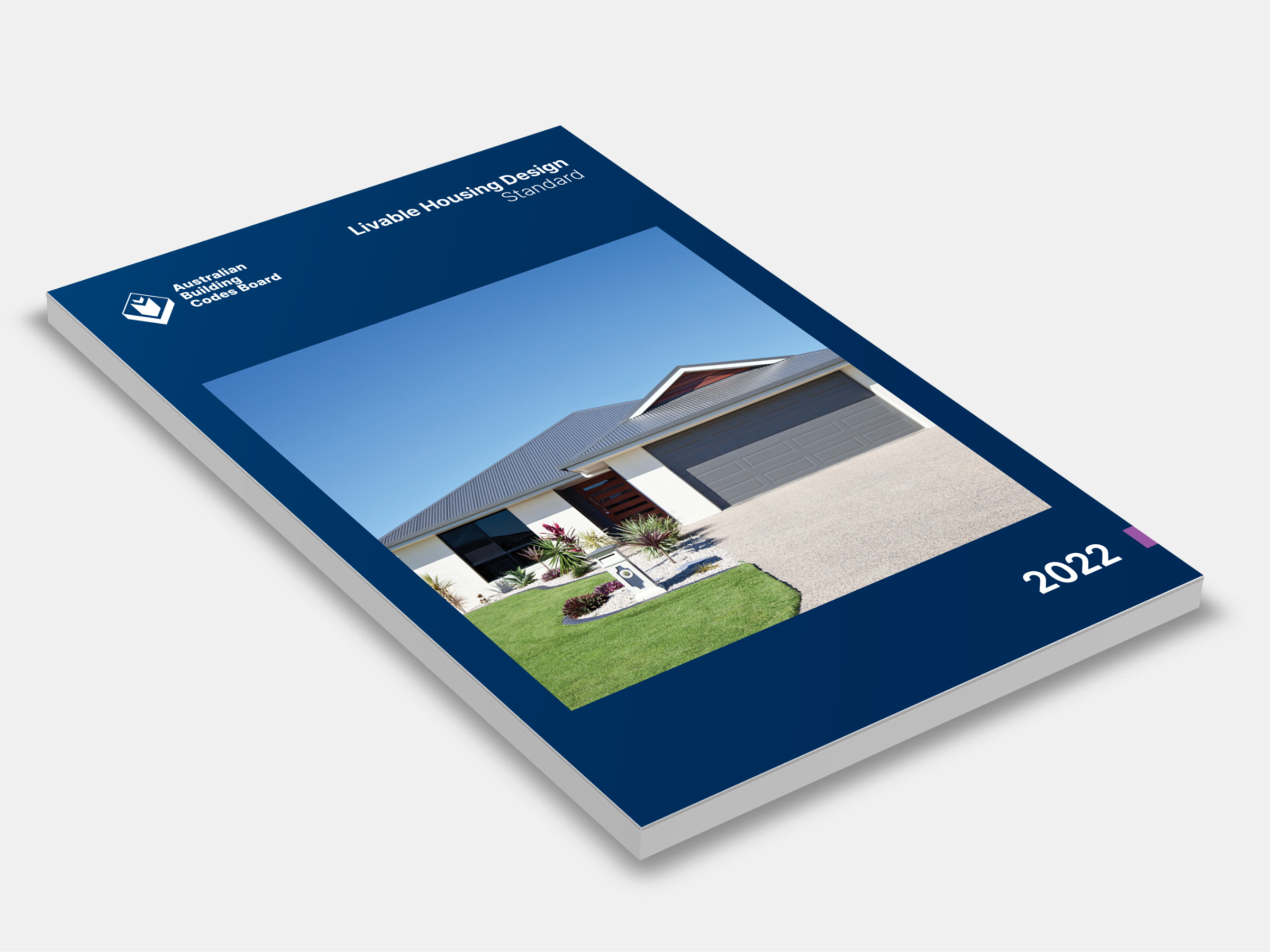
Type
Publisher
Australian Building Codes Board
Publisher
Australian Building Codes Board
Version:
2022.
(Latest)
Short Description
Provides a set of technical provisions that if complied with will enable dwellings to better meet the needs of the community, including older people and people with mobility limitations
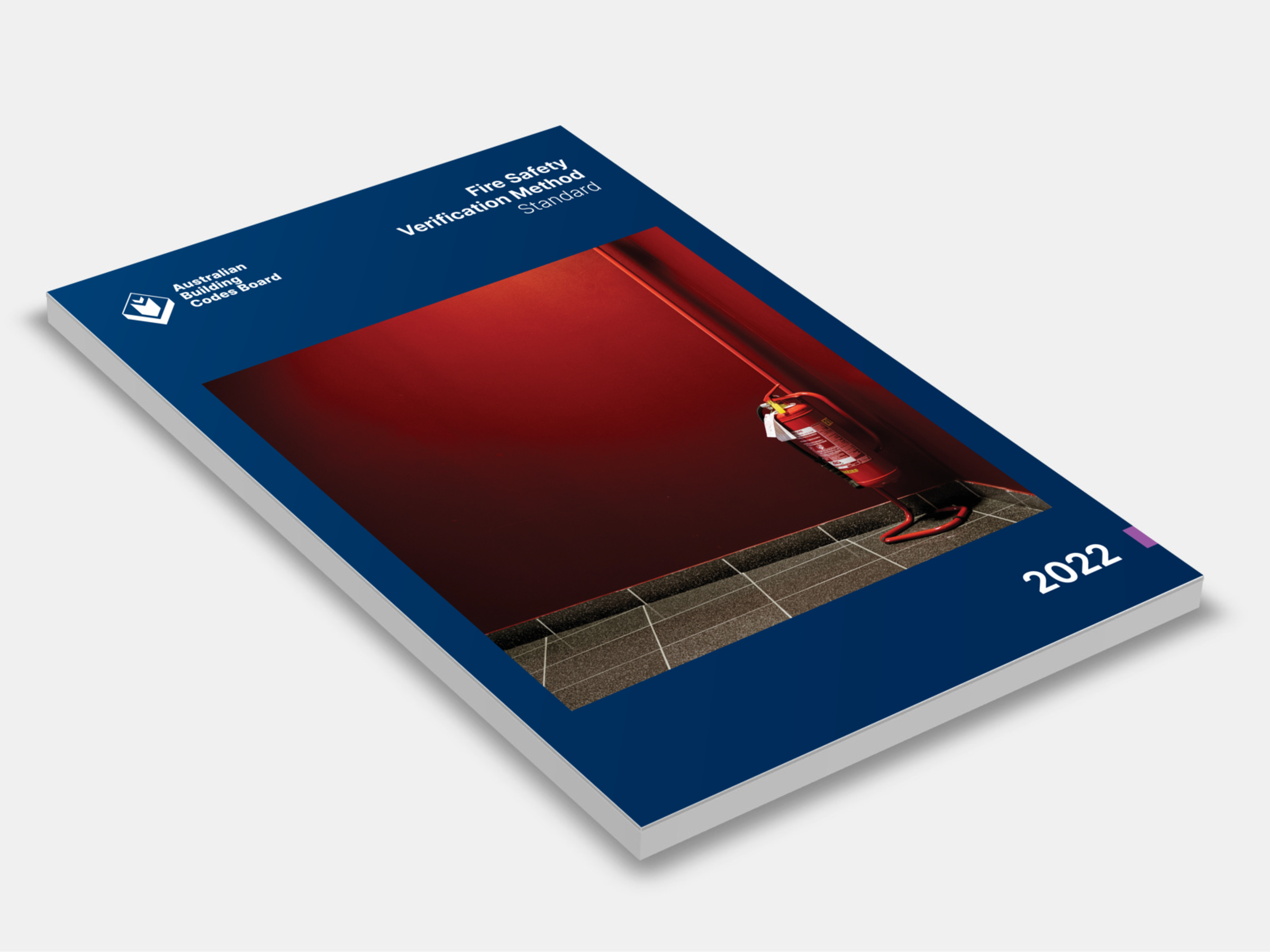
Type
Publisher
Australian Building Codes Board
Publisher
Australian Building Codes Board
Version:
2022.
(Latest)
Short Description
Provides a process for engineering the design of fire safety Performance Solutions. The document provides the flexibility required to develop Performance Solutions while still maintaining the level of safety required by the NCC.
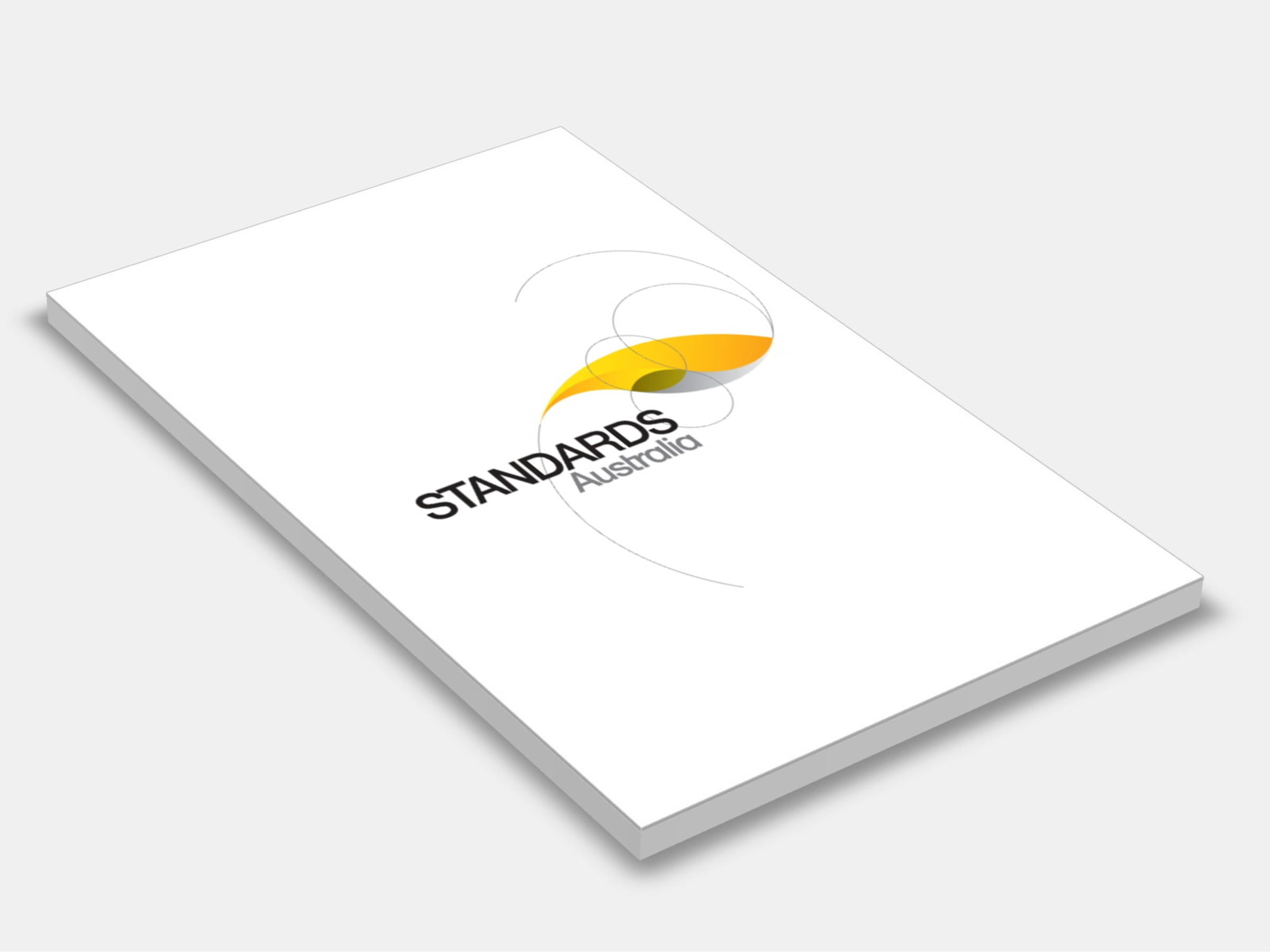
Type
Publisher
Standards Australia/Standards New Zealand
Publisher
Standards Australia/Standards New Zealand
Version:
Fourth Edition 2021.
(Current)
Short Description
Sets out general installation and safety requirements for electrical installations of PV arrays, including d.c. array wiring, electrical protection devices, switching and earthing provisions.
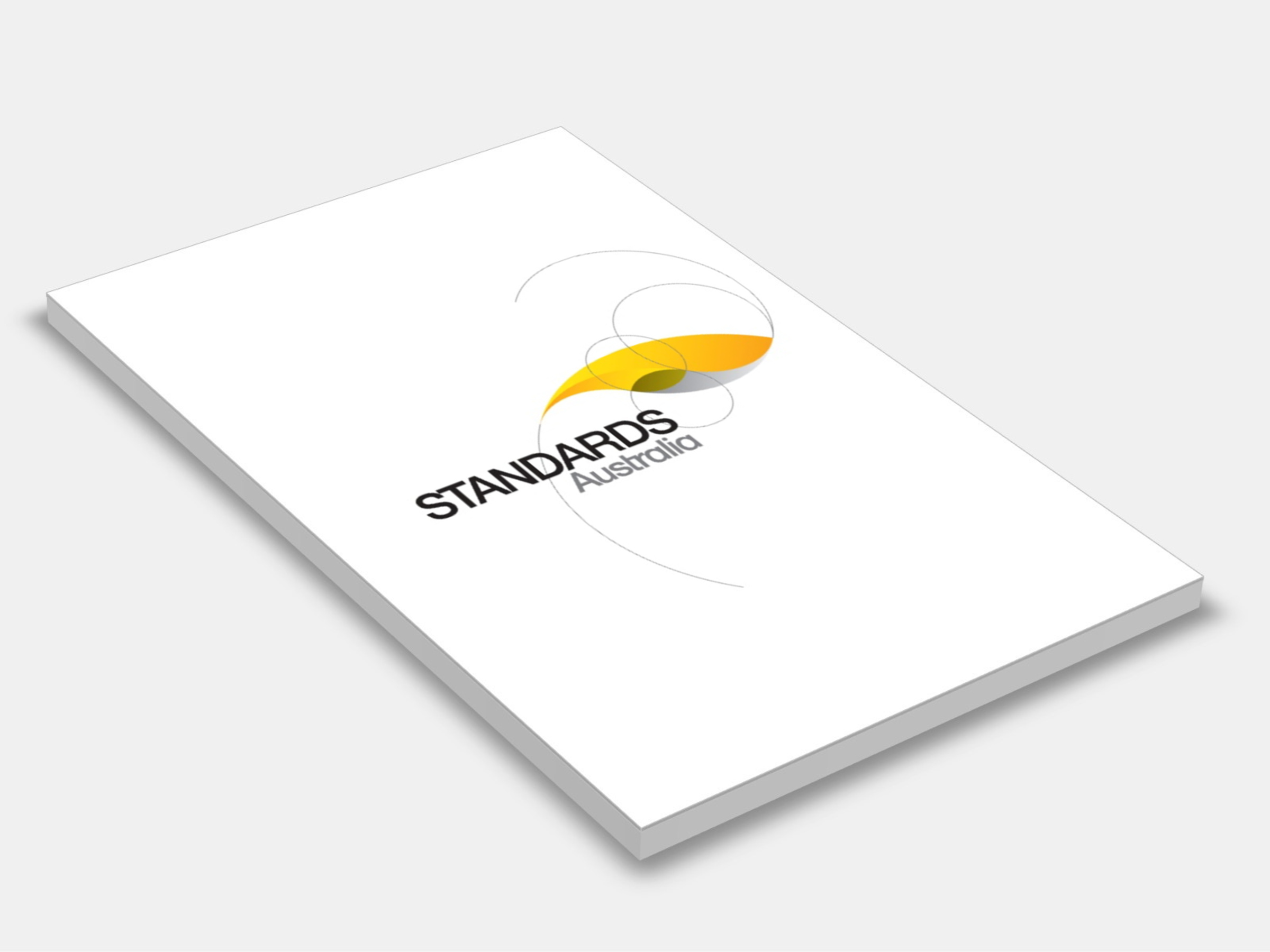
Type
Publisher
Standards Australia/Standards New Zealand
Publisher
Standards Australia/Standards New Zealand
Version:
First Edition 2016.
(Current)
Short Description
Specifies the electrical and general safety installation requirements for inverter energy systems (IES) up to or equal to 200kVA for the injection of electric power to an electrical installation connected to the grid at low voltage.
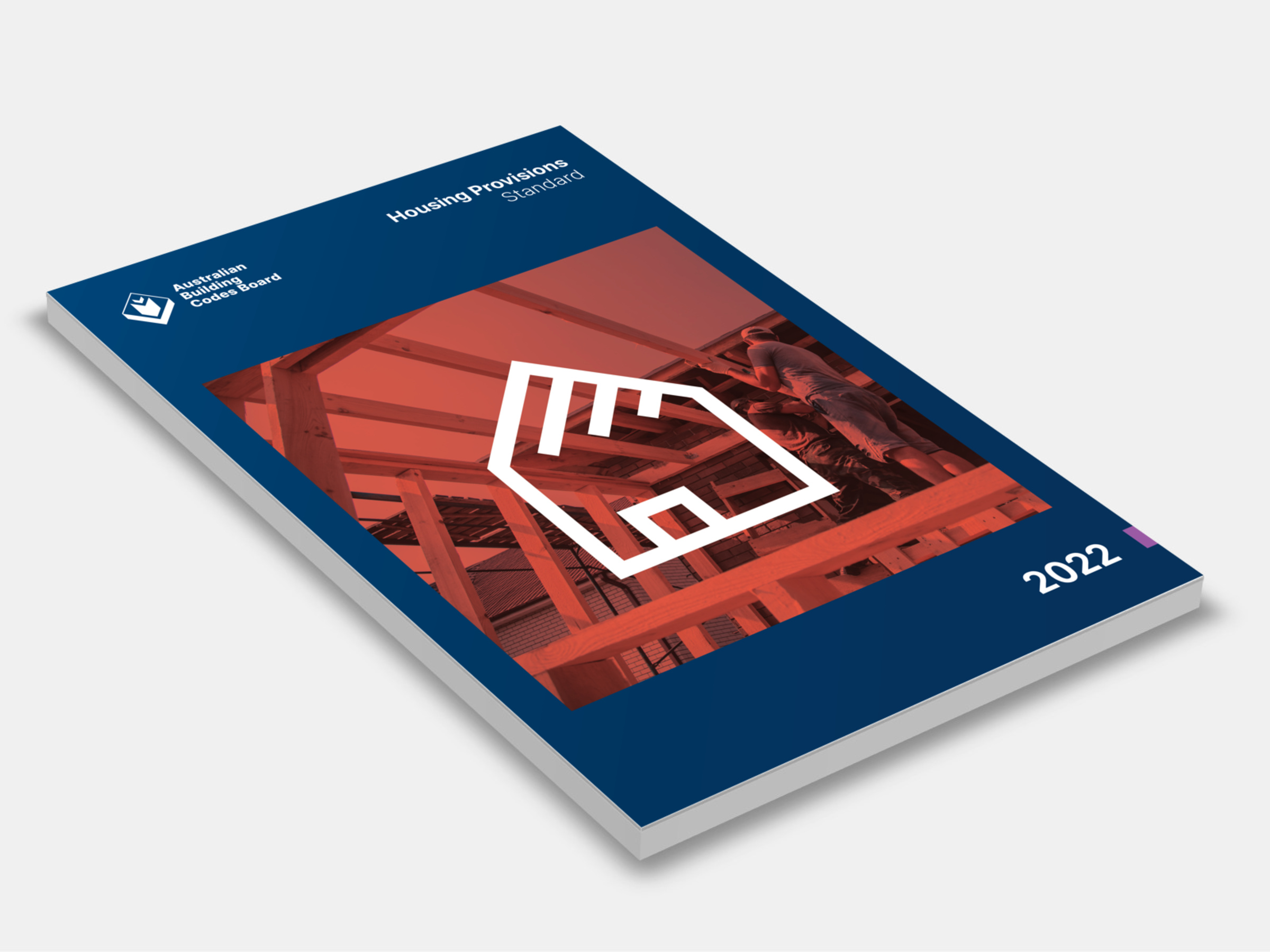
Type
Publisher
Australian Building Codes Board
Publisher
Australian Building Codes Board
Version:
2022.
(Latest)
Short Description
Contains Deemed-to-Satisfy Provisions that are considered to be acceptable forms of construction that meet the requirements for complying with Parts H1 to H8 of NCC Volume Two.